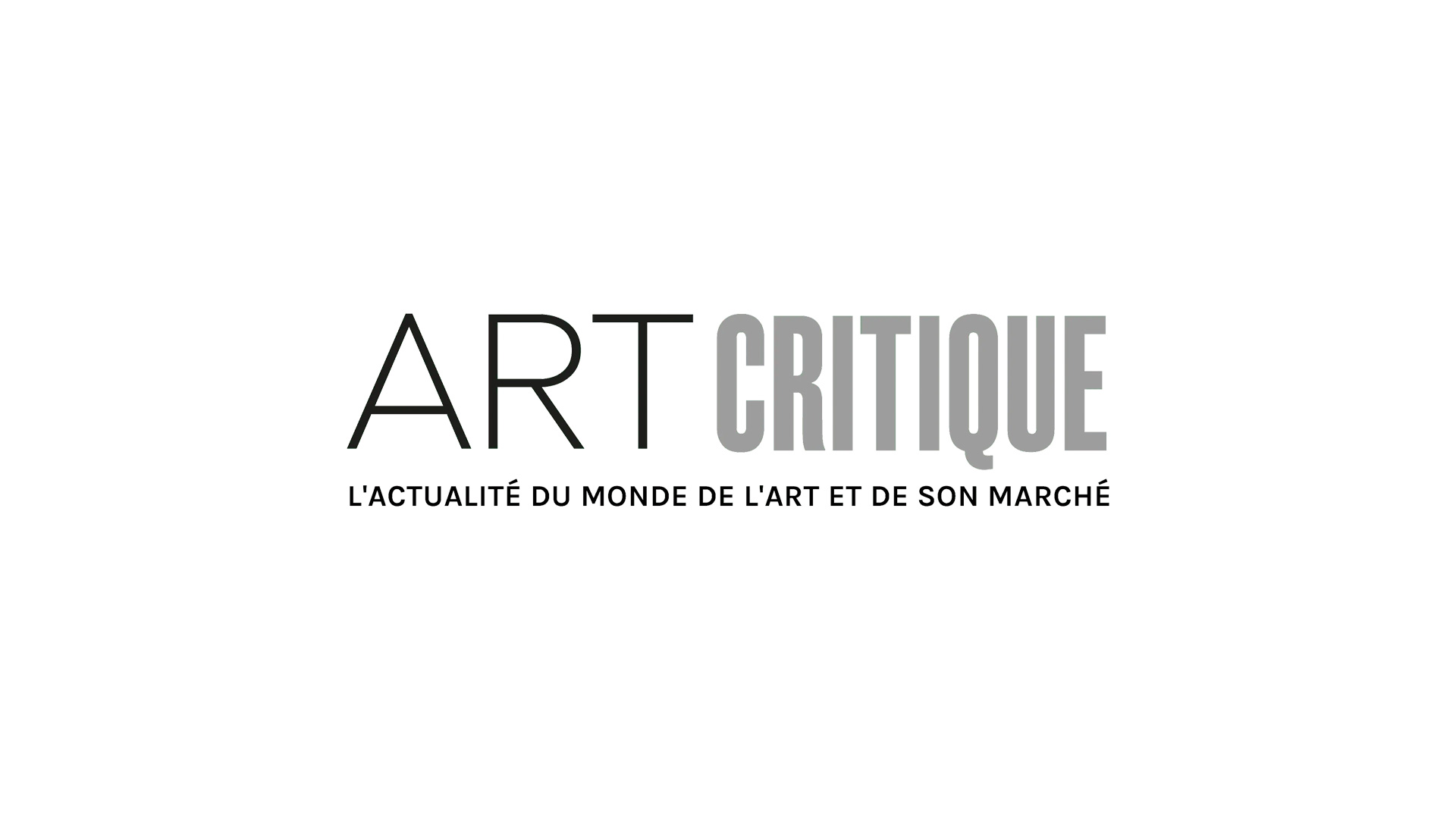When the National Portrait Gallery in London and Sackler Trust stopped the progress of a gift of £1 million from the Sackler Trust on March 19th as part of an agreement, museums took note. In the last week, two other institutions, in both the UK and US, followed suit. As a result, the Sackler Trust has halted all donations for the foreseeable future.
On March 21st following the advice of their ethics committee, the trustees of Tate galleries, which includes the Tate Britain, Tate Modern, Tate Liverpool, and Tate St Ives, announced in a statement:
‘The Sackler family has given generously to Tate in the past, as they have to a large number of U.K. arts institutions […] We do not intend to remove references to this historic philanthropy. However, in the present circumstances we do not think it right to seek or accept further donations from the Sacklers.’
The very next day, the Solomon R. Guggenheim Museum in New York announced similar sentiments. In a brief statement, the museum disclosed that further giving from the Sackler family would be stopped saying: ‘No contributions from the Sackler family have been received since 2015 […] No additional gifts are planned, and the Guggenheim does not plan to accept any gifts.’ In February, the Guggenheim was also one of the locations for a protest by P.A.I.N., an activist group headed by artist Nan Goldin. Their February 9th protest called for the Guggenheim and Metropolitan Museum of Art to stop taking money from the family and to take the Sackler name off portions of the museum due to their potential link to the opioid crisis.
The Met, which in January announced they would reevaluate the donations vetting process after members of the Sackler family were listed in lawsuits around the opioid crisis, has yet to take similar actions. However, in a statement, Ken Weine, vice president and chief communications officer of the Met, said: ‘The Sackler family has been connected with the Met for more than a half century […] The family is a large extended group and their support of The Met began decades before the opioid crisis.’ Weine then reiterated their investigations saying, ‘The Met is currently engaging in a further review of our detailed gift acceptance policies, and we will have more to report in due course.’
Recent events have also lead to a response from the Sackler Trust. Released on behalf of the organization’s trustees, a statement from the Sackler Trust’s chair, Dame Theresa Sackler reads:
‘I am deeply saddened by the addiction crisis in America and support the actions Purdue Pharma is taking to help tackle the situation, whilst still rejecting the false allegations made against the company and several members of the Sackler family.
The current press attention that these legal cases in the United States is generating has created immense pressure on the scientific, medical, educational and arts institutions here in the UK, large and small, that I am so proud to support. This attention is distracting them from the important work that they do.
The Trustees of the Sackler Trust have taken the difficult decision to temporarily pause all new philanthropic giving, while still honouring existing commitments.
I remain fully committed to all the causes the Sackler Trust supports, but at this moment it is the better course for the Trust to halt all new giving until we can be confident that it will not be a distraction for institutions that are applying for grants.’
Members of the Sackler family are involved in ongoing investigations into the connection of Perdue Pharmaceuticals, founded and primarily owned by Sacklers, and the opioid crisis. In the mid-90s, Perdue Parma created and marketed OxyContin. Perdue Pharma is being sued by around 2,000 entities for falsely marketing the opioid and profiting off the highly addictive substance. Eight members of the Sackler family are being sued as well for connections to encouraging the drug be over prescribed and having knowingly mislead doctors. OxyContin, as well as other opioids, have been involved in the death of thousands of American each year. According to the Centers for Disease Control and Prevention in Atlanta, over 200,000 have died between 1999 and 2017 due to overdoses related to prescription opioids.





